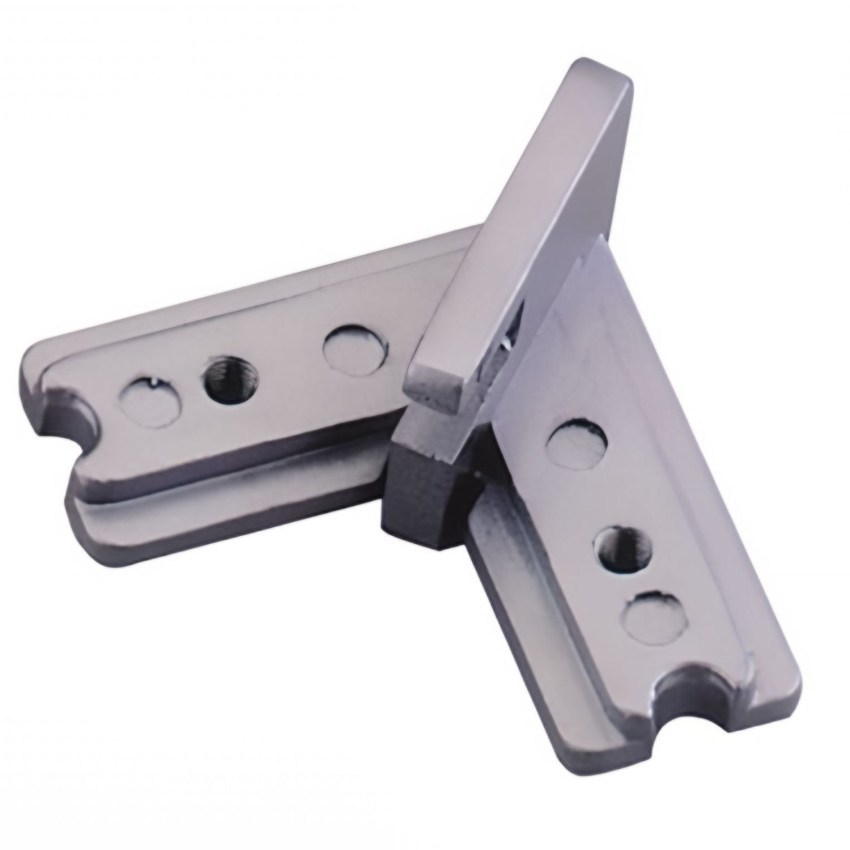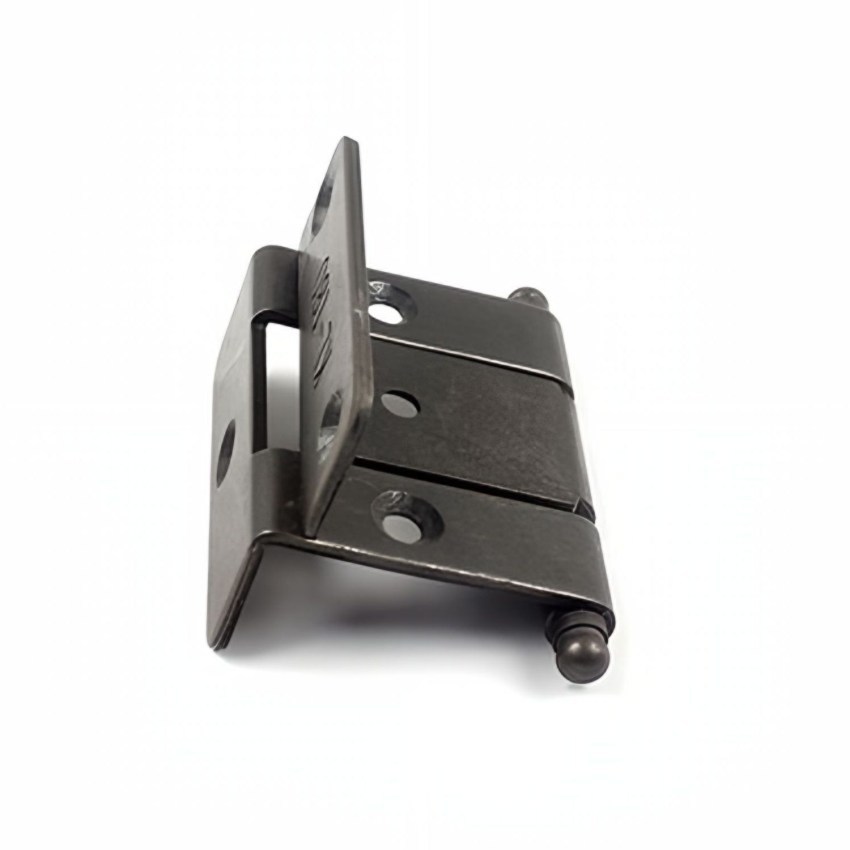The Ultimate Guide to Choosing the Right Sheet Bending Machine for Your Workshop
Release time:
2025-07-19
The Ultimate Guide to Choosing the Right Sheet Bending Machine for Your Workshop Table of Contents 1. Understanding Sheet Bending Machines 1.1 What is a Sheet Bending Machine? 1.2 Types of Sheet Bending Machines 2. Key Features to Consider 2.1 Size and Capacity 2.2 Material Types and Thickness 2.3 Precision and Accuracy 3. Choosing the Right Technology 3.1 Hydraulic vs. Mechani

The Ultimate Guide to Choosing the Right Sheet Bending Machine for Your Workshop
Table of Contents
1. Understanding Sheet Bending Machines
1.1 What is a Sheet Bending Machine?
1.2 Types of Sheet Bending Machines
2. Key Features to Consider
2.1 Size and Capacity
2.2 Material Types and Thickness
2.3 Precision and Accuracy
3. Choosing the Right Technology
3.1 Hydraulic vs. Mechanical Bending Machines
3.2 CNC Bending Machines: Are They Worth It?
4. Budget Considerations
4.1 Initial Investment vs. Long-term Costs
4.2 Financing Options for Your Purchase
5. Maintenance and Support
5.1 Importance of Regular Maintenance
5.2 Finding Reliable Support Services
6. Making the Final Decision
6.1 Comparing Different Manufacturers
6.2 Customer Reviews and Reputation
7. Frequently Asked Questions (FAQs)
8. Conclusion
1. Understanding Sheet Bending Machines
1.1 What is a Sheet Bending Machine?
A **sheet bending machine** is a vital piece of equipment used in manufacturing processes to bend metal sheets into desired shapes. These machines are essential for various industries, including automotive, aerospace, and construction, where precise metal bending is crucial for creating components and assemblies.
1.2 Types of Sheet Bending Machines
There are several types of **sheet bending machines**, each designed for specific applications. The most common types include:
- **Manual Bending Machines**: These require operator input for bending and are typically used for small-scale operations.
- **Hydraulic Bending Machines**: Utilizing hydraulic pressure, these machines provide greater force for bending thicker materials and are suitable for heavy-duty applications.
- **CNC Bending Machines**: Computer Numerically Controlled machines allow for high precision and automation in bending processes, making them ideal for complex geometries.
2. Key Features to Consider
When selecting a sheet bending machine for your workshop, certain features are critical to ensure efficiency and effectiveness.
2.1 Size and Capacity
The size of the machine will directly impact its functionality within your workshop. Consider the **maximum sheet size** and the **bending capacity**. Ensure that the machine can handle the sizes and weights of sheets you typically work with.
2.2 Material Types and Thickness
Different machines accommodate various materials, such as aluminum, stainless steel, and mild steel. It's essential to choose a machine that can handle the **thickness** of the materials you frequently use, as this affects the machine's performance and the quality of the bends produced.
2.3 Precision and Accuracy
Precision is paramount, especially for applications requiring tight tolerances. Look for machines that offer **high accuracy** in bending angles and dimensions. Some machines come equipped with **digital readouts** and **angle finders**, which can enhance precision.
3. Choosing the Right Technology
With advancements in technology, understanding the differences between machine types is crucial for making an informed decision.
3.1 Hydraulic vs. Mechanical Bending Machines
Hydraulic machines are known for their ability to handle thicker sheets and provide consistent force, making them optimal for heavy-duty tasks. Mechanical machines, typically more straightforward and less expensive, work well for lighter tasks and simpler projects.
3.2 CNC Bending Machines: Are They Worth It?
CNC bending machines offer **automation and precision** that can significantly enhance productivity. If your workshop frequently handles complex jobs or high volumes, investing in a CNC machine may prove beneficial in the long run despite the higher initial cost.
4. Budget Considerations
Understanding your budget is essential when selecting a sheet bending machine.
4.1 Initial Investment vs. Long-term Costs
While a lower-priced machine may seem appealing, consider the **long-term costs** associated with maintenance, repairs, and operational efficiency. A more expensive machine with better durability may save you money over time.
4.2 Financing Options for Your Purchase
Explore various financing options if budget constraints are a concern. Many suppliers offer **leasing programs** or financing plans that allow you to acquire equipment without significant upfront costs.
5. Maintenance and Support
Regular maintenance is crucial for the longevity and reliability of your sheet bending machine.
5.1 Importance of Regular Maintenance
Routine maintenance prevents unexpected breakdowns and extends the life of your machine. Develop a maintenance schedule that includes inspection, lubrication, and necessary adjustments.
5.2 Finding Reliable Support Services
Before purchasing, research the manufacturer's support services. Reliable **customer service** and access to parts are vital for minimizing downtime should any issues arise.
6. Making the Final Decision
Once you’ve gathered all the necessary information, it’s time to make a final decision.
6.1 Comparing Different Manufacturers
Research different manufacturers to compare quality, features, and price. Look for reputable brands known for their reliability and innovation in sheet bending technology.
6.2 Customer Reviews and Reputation
Customer reviews can provide insight into the experiences of others who have purchased the same machine. Pay attention to feedback regarding performance, customer support, and overall satisfaction.
7. Frequently Asked Questions (FAQs)
**Q1: What is the average lifespan of a sheet bending machine?**
A: The lifespan varies based on usage and maintenance but generally ranges from 10 to 20 years for industrial-grade machines.
**Q2: How do I determine the right bending angle for my projects?**
A: The bending angle depends on the design specifications of your project. It's essential to consult engineering guidelines or manufacturer recommendations.
**Q3: Can I bend different materials with the same machine?**
A: Yes, many machines can handle various materials, but check the specifications to ensure compatibility with the materials you intend to use.
**Q4: Is training required for operating a CNC bending machine?**
A: Yes, operating a CNC bending machine typically requires specialized training to ensure safe and effective use.
**Q5: What are the signs that my bending machine needs maintenance?**
A: Common signs include unusual noises, decreased performance, or inconsistent bending results.
8. Conclusion
Choosing the right **sheet bending machine** for your workshop is a critical decision that impacts your production capabilities and overall efficiency. By understanding the various types of machines, considering essential features, and evaluating your budget, you can make an informed decision that meets your operational needs. Regular maintenance and reliable support further enhance the longevity and performance of your machine, ensuring it serves your workshop for many years to come. Investing the time and effort into selecting the right equipment is an investment in the future success of your operations.
Key words:




